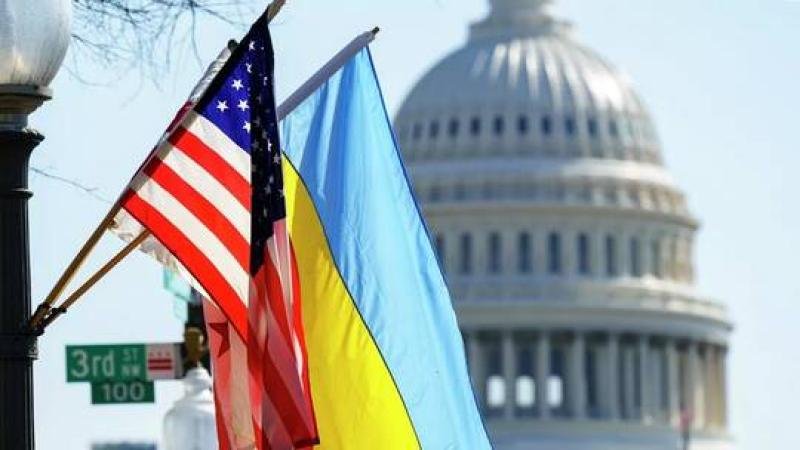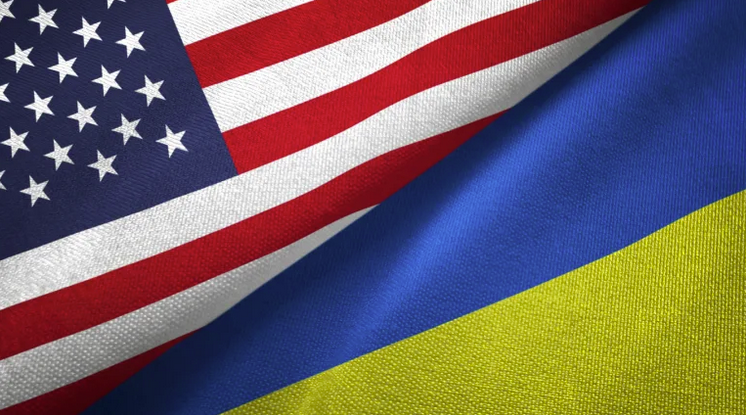Ukraine Rejects US Access to Its Rare Earth Minerals
In a significant development, Ukrainian President Volodymyr Zelensky has instructed his ministers not to sign a proposed agreement that would grant the United States access to Ukraine’s rich deposits of rare earth minerals. This decision was made due to the agreement’s perceived overemphasis on American interests without offering sufficient security guarantees in return.
The proposal was a key topic during Zelensky’s discussions with U.S. Vice President J.D. Vance on the sidelines of the Munich Security Conference on Friday. According to a current and a former Ukrainian official familiar with the talks, the deal lacked specific security commitments for Ukraine. A senior White House official described Zelensky’s decision as “short-sighted” at least for the time being.
Speaking to Associated Press in Munich on Saturday, Zelensky explained, “I did not allow my ministers to sign the agreement because, in my view, it is not ready to protect our interests.”
Ukraine is known for its substantial reserves of lithium and titanium, minerals critical for advanced technologies in sectors like aerospace and electric vehicles. Zelensky emphasized the need for linking any investment with security assurances, stating, “For me, it’s very important to connect some kind of security guarantees with some form of investment.”
The Financial Times quoted an unnamed Ukrainian official saying Kyiv is seeking a “better deal.”
U.S. Secretary of State Marco Rubio, speaking last Thursday, expressed hope for an agreement that would partially compensate the U.S. for the billions spent on arming Ukraine against Russian aggression. In a radio interview, Rubio noted, “Part of this money will go to repay the billions of dollars spent there from American taxpayer money,” adding that another part would be reinvested in Ukraine to rebuild the war-torn regions.
The Trump administration has also shown interest in these minerals to reduce dependency on China. However, Zelensky insists that any exploitation of these resources must be tied to security guarantees to shield Ukraine from potential future Russian aggression.
The Trump administration had anticipated that Kyiv would grant access to its natural resources, including these vital minerals, in exchange for military and economic support against Russia, which initiated a war against Ukraine in 2022.
This stance by Ukraine highlights the complexities of international mineral rights and the strategic importance of rare earth elements in global politics, technology, and security dynamics.
Asma al-Assad’s New Chapter: A Personal Journey on Social Media




